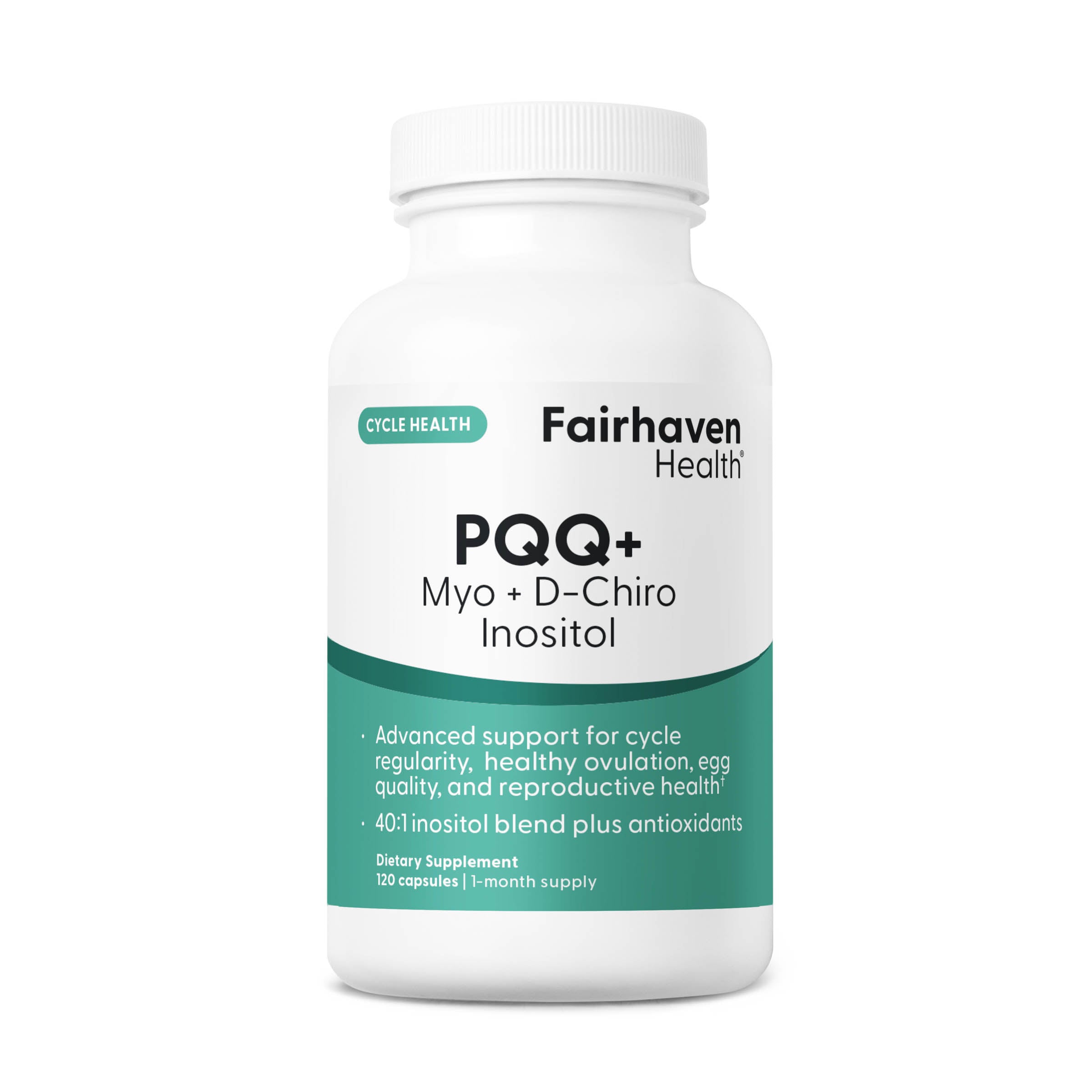by Dr. Lora Shahine
Difficulty conceiving can be an isolating and frustrating experience. Fertility testing shows a male factor component in up to 50% of couples trying to conceive. Treatment can include medications, insemination, or assisted reproductive technologies but a first step before these options can include daily choices to improve your reproductive health. In this blog post, we will discuss five lifestyle changes that men can make to optimize their male factor fertility.
1. Maintain a Healthy Weight
Maintaining a healthy weight is essential for overall health and well-being. Being overweight or obese can have a negative impact on male fertility. Excess weight can cause hormonal imbalances, which can affect the production of testosterone and sperm. In addition, obesity is associated with inflammation, which can damage sperm and decrease sperm quality. To maintain a healthy weight, men should focus on a balanced diet and regular exercise. They should consume a diet rich in fruits, vegetables, lean protein, and healthy fats. They should avoid processed foods, sugary drinks, and excessive alcohol consumption. Regular exercise can help maintain a healthy weight and improve overall health.
2. Quit Smoking
Smoking is harmful to health and has a negative impact on male fertility. Smoking can damage sperm DNA and decrease sperm count, motility, and morphology. In addition, smoking can cause hormonal imbalances, which can affect testosterone production. Quitting smoking can improve male fertility and overall health. It may take time for the effects of smoking to reverse, but the benefits are worth it. Men who quit smoking can improve their sperm count, motility, and morphology. In addition, quitting smoking can improve the overall quality of life.
3. Reduce Stress
Stress is a common factor that can affect male fertility. Chronic stress can cause hormonal imbalances, which can affect testosterone production and sperm quality. In addition, stress can cause inflammation, which can damage sperm. To reduce stress, men should focus on stress-reducing activities such as exercise, meditation, and yoga. They should also practice relaxation techniques such as deep breathing, progressive muscle relaxation, and visualization. In addition, they should avoid excessive caffeine and alcohol consumption, which can increase stress levels.
4. Limit Exposure to Environmental Toxins
Exposure to environmental toxins can have a negative impact on male fertility. Toxins such as pesticides, bisphenol A (BPA), and phthalates can affect sperm count, motility, and morphology. Organic foods can have less pesticides, but whether you buy organic or not – washing fruits and vegetables before you eat them can decrease the amount of pesticides you’re exposed to daily. BPA is a chemical originally created as an estrogen replacement pharmaceutical but is now used in many household products like plastics and thermal receipts. Decrease BPA exposure by limiting plastic in your kitchen with a glass or stainless steel water bottle and food storage containers and ask for paperless receipts and tickets when possible. Phthalates are chemicals used in plastics and many products with fragrance. Try fragrance free detergent, save money and skip the scented candles and air fresheners. We cannot eliminate toxins in our environment but we can decrease exposure to improve our health.
5. Get Enough Sleep
Adequate sleep is essential for overall health and well-being. Lack of sleep can affect hormonal balance, which can affect testosterone production and sperm quality. In addition, lack of sleep can cause inflammation, which can damage sperm. To get enough sleep, men should aim for 7-8 hours of sleep per night. They should establish a regular sleep routine and avoid caffeine later in the day and alcohol consumption before bedtime. In addition, they should create a comfortable sleep environment, with a cool and dark room.
6. Conclusion
In conclusion, male factor fertility is an important aspect of fertility that can be optimized through lifestyle changes. Maintaining a healthy weight, quitting smoking, reducing stress, limiting exposure to environmental toxins, and getting enough sleep can all have a positive impact on male fertility. These lifestyle changes can also improve overall health and well-being. Men who are concerned about their fertility should talk to their healthcare provider about ways to optimize their fertility and improve their chances of conception.
Dr. Lora Shahine
 Dr. Lora Shahine, reproductive endocrinologist at Pacific NW Fertility and clinical faculty at the University of Washington in Seattle, completed her fellowship in reproductive endocrinology at Stanford University and residency in obstetrics and gynecology at the University of California in San Francisco. She is dedicated to educating and advocating for increased awareness of infertility, miscarriage, and the impact on environmental toxins on health through an active social media presence, teaching, clinical research, her books including best-selling, Not Broken: An Approachable Guide to Miscarriage and Recurrent Pregnancy Loss, and her podcast, Baby or Bust. Find her at drlorashahine.com and on Instagram, YouTube, TikTok, and Twitter.
Dr. Lora Shahine, reproductive endocrinologist at Pacific NW Fertility and clinical faculty at the University of Washington in Seattle, completed her fellowship in reproductive endocrinology at Stanford University and residency in obstetrics and gynecology at the University of California in San Francisco. She is dedicated to educating and advocating for increased awareness of infertility, miscarriage, and the impact on environmental toxins on health through an active social media presence, teaching, clinical research, her books including best-selling, Not Broken: An Approachable Guide to Miscarriage and Recurrent Pregnancy Loss, and her podcast, Baby or Bust. Find her at drlorashahine.com and on Instagram, YouTube, TikTok, and Twitter.







